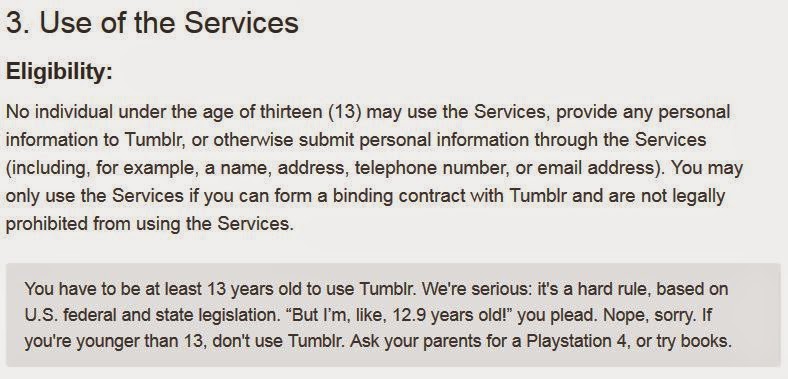Summer is around the corner. With summer could be summer romance for your teenagers.
One day, your little one is skipping down the sidewalk with her hair in pigtails and a firm grip on a teddy bear. The next, it seems like, she’s bouncing down the stairs on her way to greet her first date. Watching kids grow and mature, especially during the teenage years, can be a bittersweet experience. It can also be the harbinger of the most difficult period of your parenting career. Preparing your child for the world of adult interactions, romantic entanglements and independence isn’t always easy, especially when you’d much rather they stayed small forever. Just as you can’t keep a child from growing into an adult, neither can you stem the tide of romantic attraction and the desire to date. All you can do is hope that you’ve instilled the values that you set out to, and that you’ve adequately prepared your teenager for the complicated and sometimes painful world of dating.
The Friendship Code
There are certain rules that come along with both dating and mature friendships, and they largely go unspoken until one of them is broken. One of the most pervasive and important rules for your teen to know before he starts dating is that the “friendship code” shouldn’t be broken. This code entails everything from dating a friend’s ex to trying to date a friend’s current girlfriend, and everything in between. While you’re trying to instill an inherent respect for the opposite gender, be sure that you also discuss the ways that dating and friendship can become messy, and how certain decisions can have far-reaching implications when it comes to both friendships and romantic relationships.
The Warning Signs of an Abusive Relationship
No parent wants to think about their child being the victim of dating violence, but the sobering statistics show that this is one conversation that parents simply must have with their teens before dating becomes an issue. A study published by the Robert Wood Johnson Foundations shows that as many as one in three seventh grade students have experienced “psychological dating violence,” and that up to one in six have been the victim of physical dating violence. A different study, headed up by the Liz Claiborne corporation, also shows that less than 25% of teenagers have discussed the subject with their parents. Both teen boys and teen girls need to know that dating violence or emotional abuse is never acceptable and should be aware of the warning signs of an abusive relationship. Once a pattern of accepting abuse is established, it can be a difficult and painful cycle to break. Make sure that your teen starts off on the right foot by ensuring that he’s educated and aware of the issues surrounding teen dating violence and abuse.
The Importance of Boundaries and Respect
Parenting comes with its fair share of awkward conversations and embarrassing situations, but it’s far better to weather that momentary discomfort to educate your teen about boundaries and the importance of respecting them than to send them off into the world of dating with no clear understanding of them. Teens need to know that “no” means no, and that pressuring their significant other into anything they’d rather not do is completely unacceptable behavior. They need to know that anyone who subjects them to such pressure is not a good friend or someone that truly cares about their feelings, and that there’s nothing wrong with breaking off a relationship if their boundaries aren’t being respected.
Popularity is Not a Sound Reason for Dating
At no other time in life is the prospect of popularity or gaining entrance into the “cool crowd” more valued or desperately sought than during the teenage years. Teens may date someone that they have little in common with or little regard for simply to maintain or achieve a position of power in their social circle. Conversely, teens often choose not to date people that they are compatible with and attracted to due to a perceived social stigma attached to dating outside of their circle. Before dating even becomes an issue in your child’s life, be sure that she knows just how irrelevant popularity will be to her in five years, and how much she could potentially miss out on if she’s dating someone solely because they’re popular and capable of affecting her social standing.
Your Expectations and Their Responsibilities
While you may think that your expectations and your teen’s dating responsibilities go without saying, it’s important to realize that your teen only knows what you tell him. Don’t assume that your teenager knows what you expect of him as he starts dating, or what his responsibilities are to both you and his significant other. Communicate the rules and what you expect clearly and concisely, so that there’s no confusion or pleas of ignorance later.
Source: Babysitting.net








